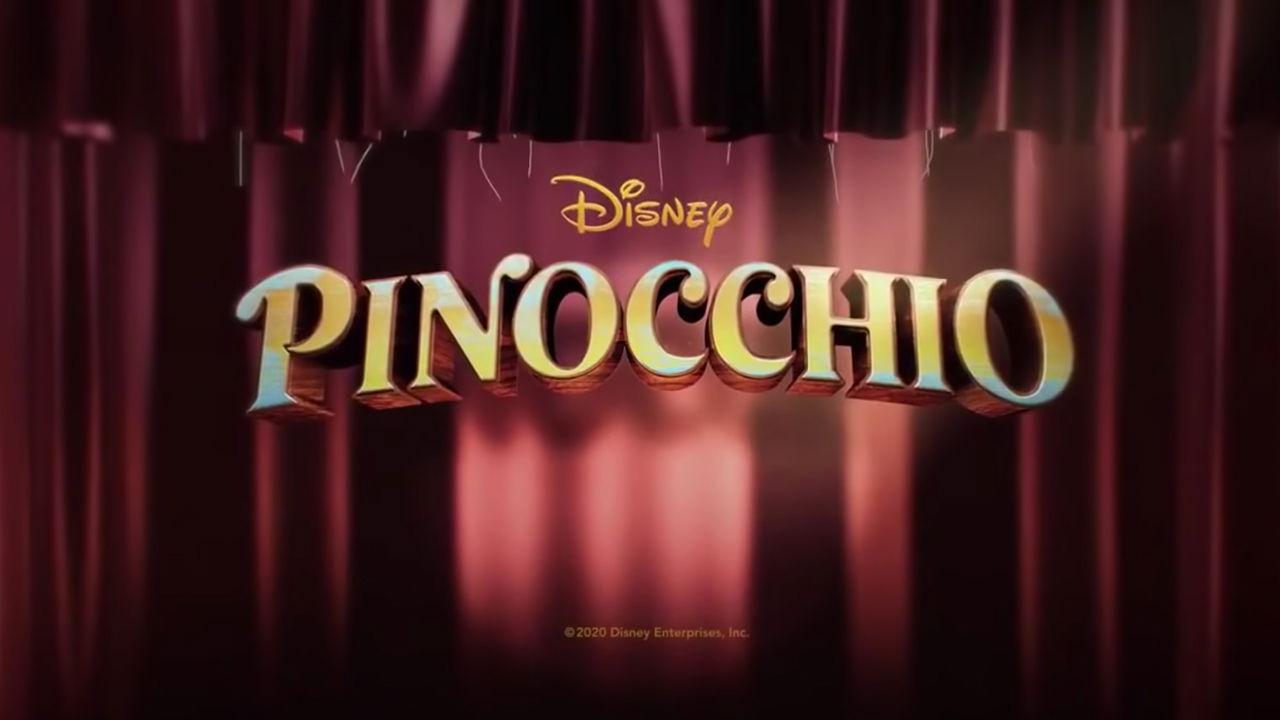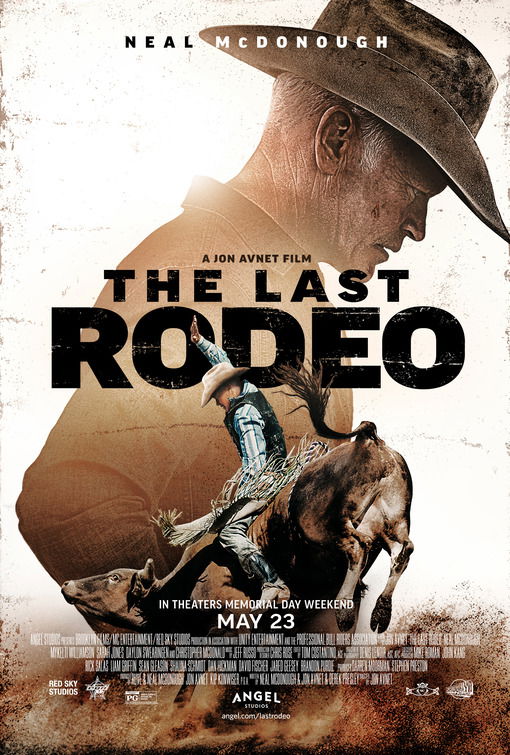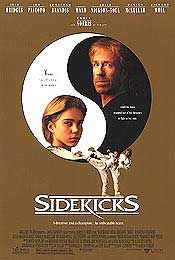
Will the Live-Action PINOCCHIO Capture Story’s Original Biblical Imagery?
By Movieguide® Staff
Disney looks to add to their successful library of live-action remakes of classic movies with the upcoming retelling of PINOCCHIO, starring Tom Hanks, Joseph Gordon-Levitt, Cynthia Erivo, and Benjamin Evan Ainsworth.
According to Variety, Gordon-Levitt is confirmed to play Jiminy Cricket alongside Hanks as Geppetto and Ainsworth, who recently starred in Disney’s FLORA & ULYSSES, will voice of Pinocchio. The cast joins Luke Evans, Movieguide® Grace Prize® nominee Erivo, Keegan-Michael Key, and Lorraine Bracco.
PINNOCHIO follows Disney’s recent pattern of successful live-action remakes like ALADDIN, THE LION KING, and THE JUNGLE BOOK. Many of these modern reimaginings made slight changes to their predecessors. However, Pinocchio’s original story, written by Carlo “Collodi” Lorenzini, is a Christian allegory full of biblical imagery.
Most of the powerful imagery relating to God the Father, Christ, the Church, and salvation are hard to see in Disney’s 1940 adaption of PINOCCHIO.
Dr. Paul Jehle, the Senior Pastor of The New Testament Church and Executive Director of the Plymouth Rock Foundation, discussed the origins of the wooden doll who wants to become a real boy in an article published on Movieguide®.
“The story of Pinocchio begins in the heart and mind of Italian journalist Carlo Lorenzini, who took up the cause of his nation’s unification and independence from the Austrian Empire in 1848 when he was only 22 years old. He soon found his writings quickly suppressed,” Jehle wrote. “He adopted the penname “Collodi” from the name of the town where his mother was born, possibly in order to allow his writings to circulate without as much identification with him.
“After Italy became united and independent by 1871, he found an avenue for expressing the liberty of conscience through animated children’s literature,” Jehle continued. “Picking up on the fairy tale allegory of spiritual truth, he began writing “The Story of a Marionette” in 1881, publishing it in weekly sections of an Italian newspaper for children. It later became known as “The Adventures of Pinocchio.” The ecclesiastical and civil establishment at the time feared that the story would inspire people to think for themselves and thus resist the church and state’s control…”
Jehle notes how each character helps readers understand the Christian faith.
“The original Story of a Marionette depicted several Biblical truths left out of later editions of the book. When the Disney version of Pinocchio was created in 1940, it was a further descent away from many of these truths,” Jehle said. “In the original story, the puppet is a depiction of sinful bondage – dependence on external control. Pinocchio displays his rebellion to authority (and God) immediately at his creation, the very moment he can see, speak and walk. This is the doctrine of original sin. In the Disney version, he comes to life happy and innocent, becoming “bad” as he is affected by his environment.”
“The Fairy (a picture of the church) creates the conscience (cricket) in the Disney version. Though the cricket (Jiminy) gives some good sermons on right and wrong (which today might even seem traditionally moral), Jiminy Cricket soon rejects the marionette since the puppet has rejected him. In the original book, just like the Bible teaches, the conscience (cricket) is strong at the creation of the puppet, and then weakens as Pinocchio neglects and ignores it,” Jehle added. “It is not the conscience that rejects Pinocchio, but Pinocchio who rejects his own conscience due to his sin – a clear Biblical truth. To be sure, there are lines in the Disney version that capture some of the original meaning of the book, such as ‘a lie keeps growing and growing until it’s as plain as the nose on your face.'”
“Though the 1940 movie is moral and family-friendly, it loses the real clarity of Christianity intended by the author of the original literary piece,” Jehle writes.
While Disney’s newest adaptation is only beginning production, Movieguide® wants to encourage viewers to remember the theological meaning and Lorenzini’s original intent behind the classic story.
Questions or comments? Please write to us here.


 - Content:
- Content: 
 – Content:
– Content: 
